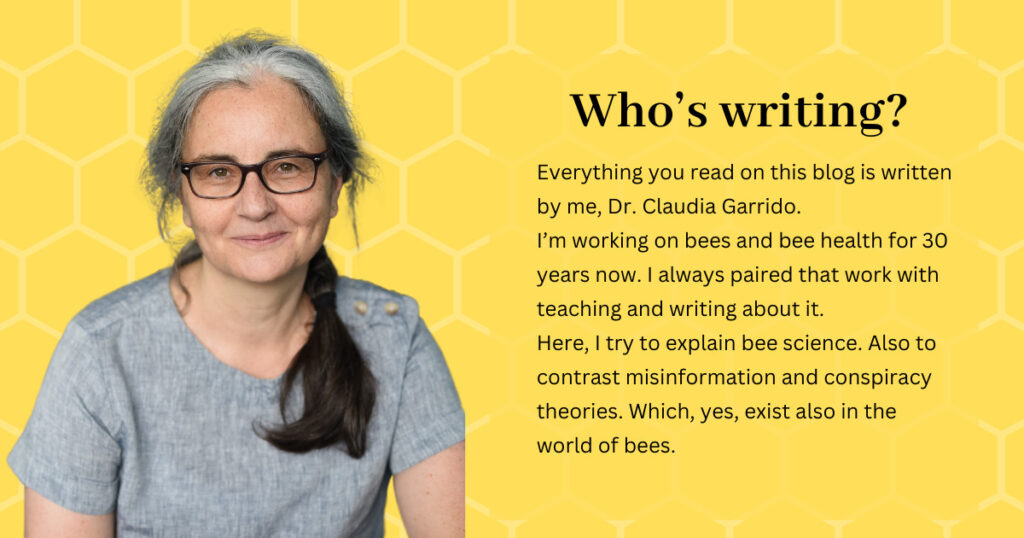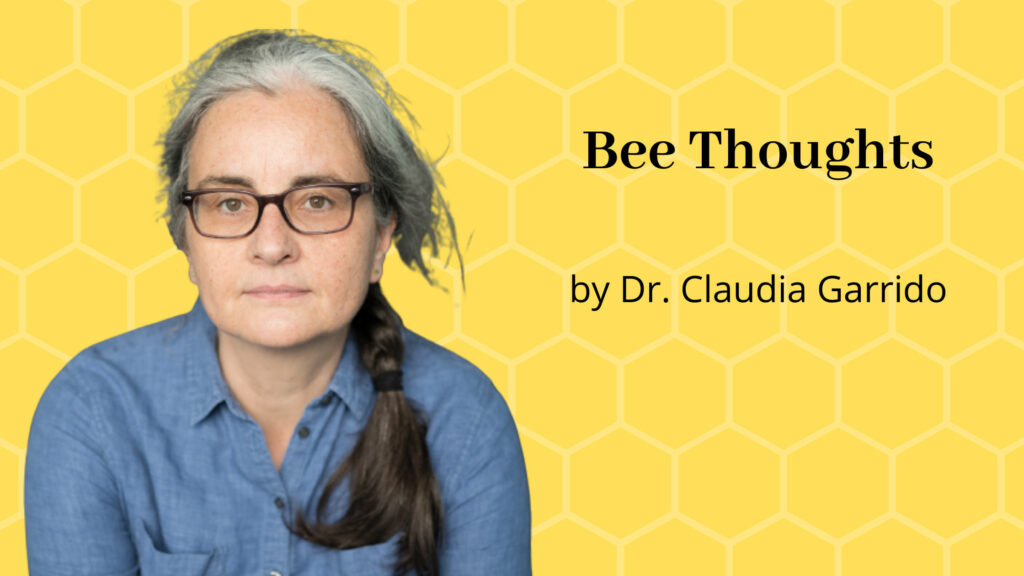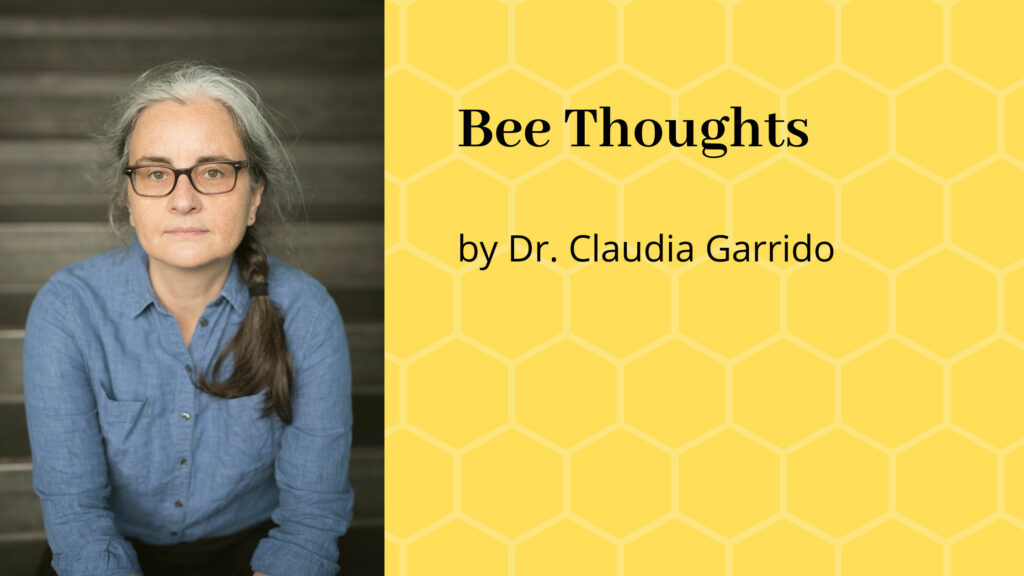There’s a lot of misinformation in the beekeeping industry. And as it gets more and more difficult to identify good sources of information, this may be one of the huge issues we’ll have to face in the future. Being at two conferences in Copenhagen last month (the COLOSS meeting and then the Apimondia conference), relieved me a bit in this aspect.
I was very pleased to see a poster at the COLOSS meeting that talked about where beekeepers get their information from. The answer was: Mostly from each other. Informal chats at events were the most common answer between the 2,246 beekeepers the team around Geoffrey Williams (Auburn University) asked. This is a good starting point for improving the knowledge. Maybe also a tricky one. Because it means building trust and relationships.
Working against misinformation in the beekeeping industry
In every group of people, there are single “thought leaders”. What they do and say, will find the approval of many others. And they will copy them. This, obviously, can go in many directions. Applied to beekeeping, this person could be responsible for a lot of misinformation. Or, ideally, the one who shows the right way.
I already mentioned several times that I financed my PhD partly with talks at beekeeping associations. It was always clear from the beginning how “hard” it would be for me. When the president of the association wanted to bring things to life, make them better, I could immediately notice an open atmosphere. On the other extreme, there were the associations who just had to spend the EU money for education measures. No real interest, a lot of “I always do it like this”, only a few questions. And there was a lot variation in between, obviously.
This general atmosphere in the association was always represented by the people who took the responsibility to lead it. When they listen to you and try out what you propose, that’s a huge turning point. If it works for them, the others will follow. You have to be there and explain things in a more convincing way than those offering easy solutions. I.e., the misinformation. And obviously, follow up, especially if something didn’t work.
Changing sources of information
Social media is an important source of information these days, too. In the survey I mentioned above, they came into the top 3 for the first time. In former years, though, “online media” were an important source. I assume that these included social media together with blogs, etc.
However, this is something to take care of. Some of you may remember the lithium hype. It was based on some social media posts referring to a paper reporting preliminary results on lithium chloride as varroa treatment. Absolutely nothing with practical consequences, yet. To my knowledge, we’re still at this point. But those social media posts sold it as the newest silver bullet. It’s evident that beekeepers wanted to try it out. That had a whole string of consequences.
The researchers had to explain both to beekeepers as well as authorities that they had never recommended any treatment with lithium chloride. That it was in the way of development. This was back in 2018, so social media were already a thing. But a colleague said “I didn’t imagine that a Facebook post could have such consequences.” Seven years later, everyone of us, even the older ones, should know.
Education preventing harm
This is an important point to fight misinformation in the beekeeping industry, too. Social media definitely are a source of information for many. It doesn’t matter if I like them or not. Or if you can go into the necessary depth in a short post. As scientists, we have the responsibility to contradict quackery, misinformation, conspiracy theories. To give reliable information. Beekeepers don’t believe these things because they’re dumb. They’re just looking for solutions for their problems. If someone says “It’s easy! I did it like this and so can you!”, then they will fall for it, if – you may have expected this one – don’t have the necessary education to recognize the scam.
That’s why I say that education helps you not to fall into traps. If you have a solid foundation, it’s easier to recognize if something is plausible. Check if your source is reliable. It’s not only about the facts you learn, it’s about getting the tools to understand the world around you. It helps you to feel capable of tackling problems.
Two sides of the same coin
I was really glad to see the dissemination efforts. Because it shows a willingness to meet people where they are. That’s where all education has to start. At the Apimondia conference, for instance, there was a whole session on this. Where different people presented their approaches. Which gives a lot of inspiration on what to try, how to improve.
As a “teacher”, you sow knowledge in that broader sense of education beyond pure knowledge transfer. It’s about making people stronger, more resilient. Not every seed will grow strong. Some will stay in the soil and never germinate. The latter may need a different soil, more or less light or water. They may grow perfectly under other conditions. That’s why it needs many different “gardeners”. And it was good to see that we’re many that stand against the misinformation in the beekeeping industry.

By the way: Science communication, specialized on bees and bee health is one of the things that I do. If you want a sober, differenciated voice to communicate on Social Media or on your blog about bee science, contact me!


